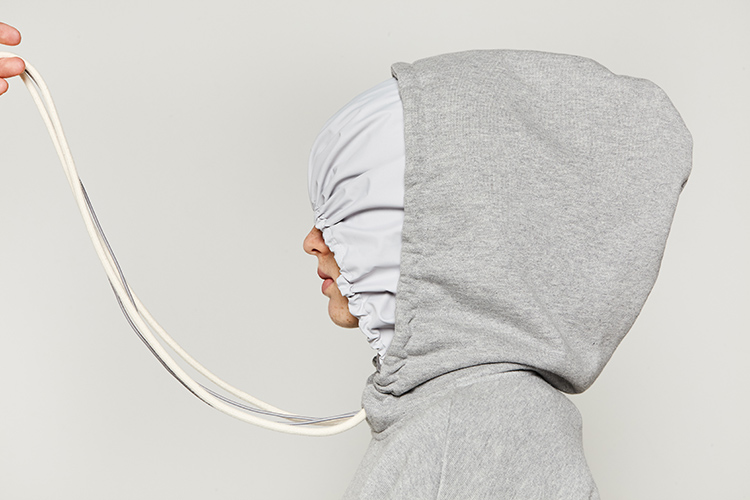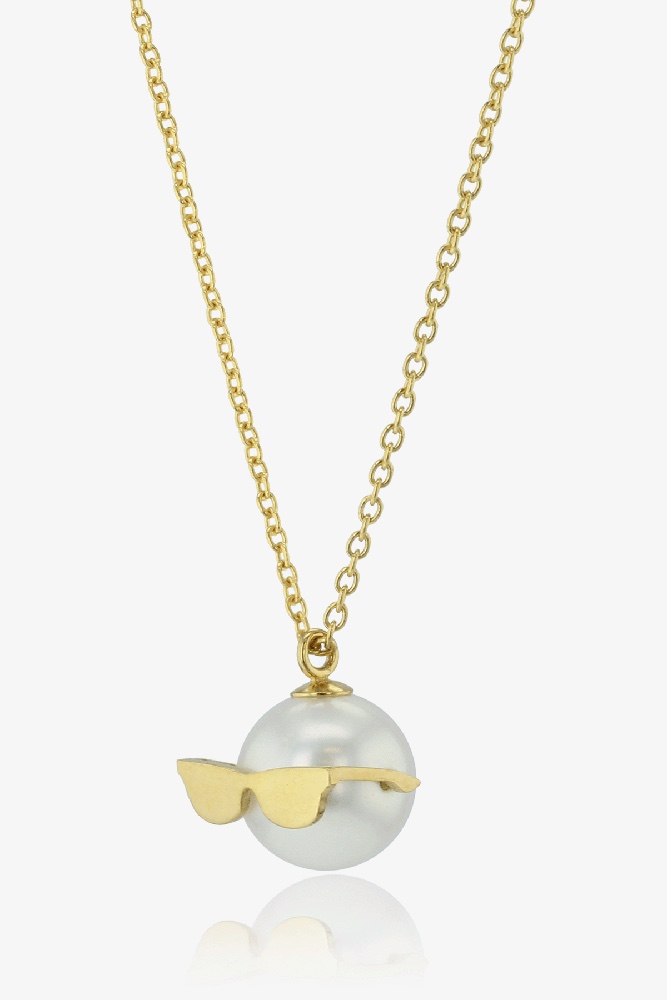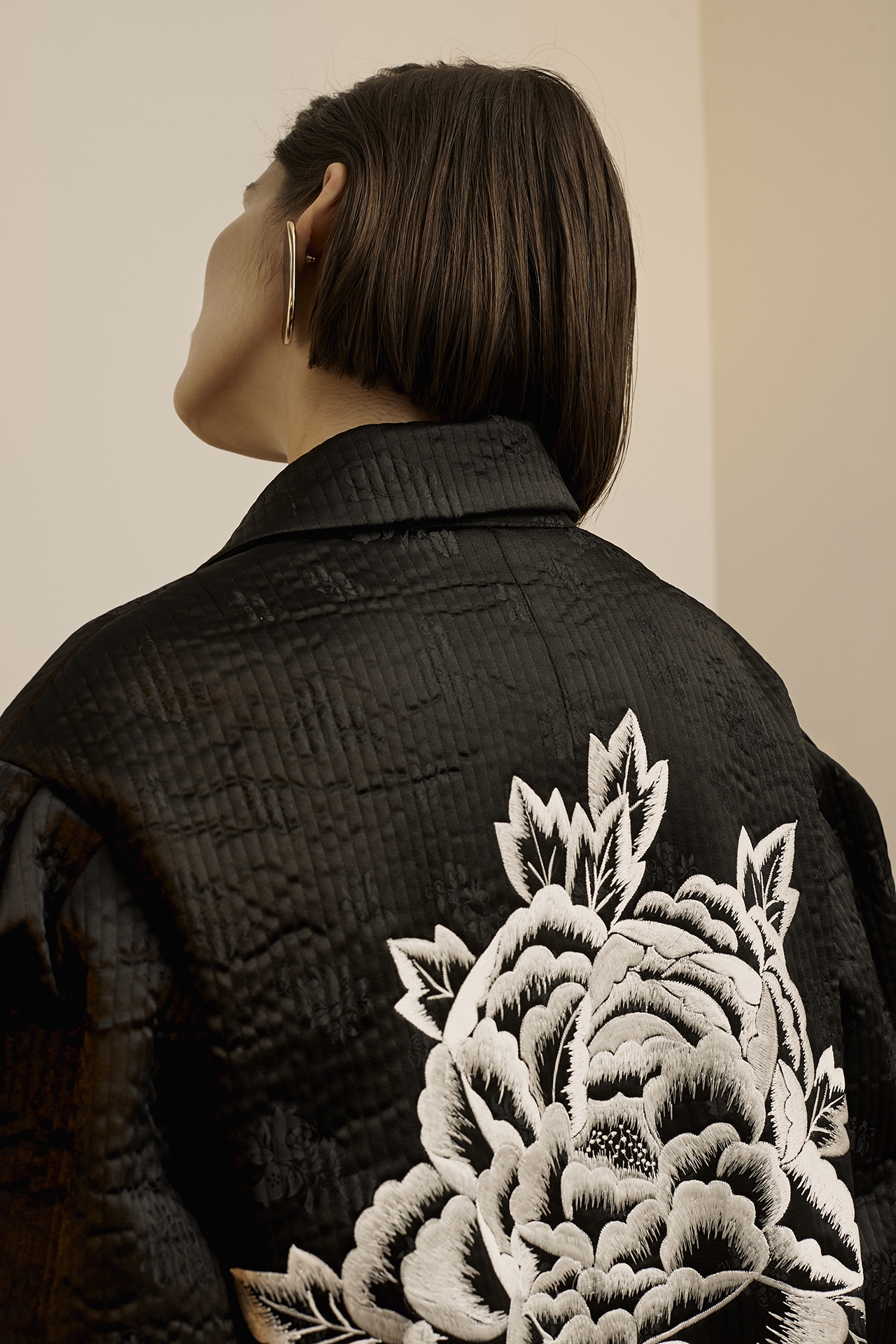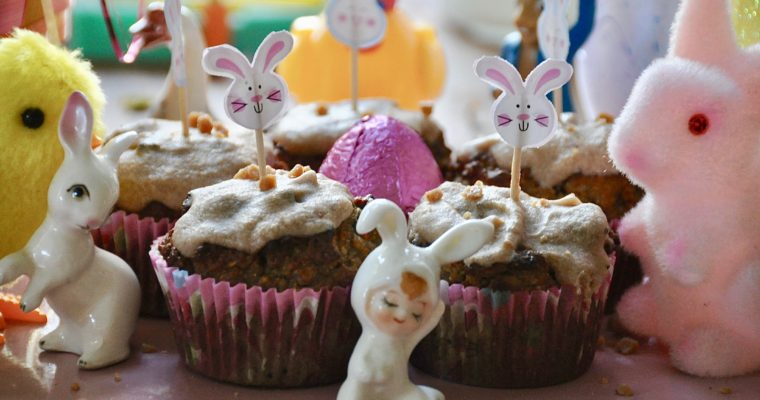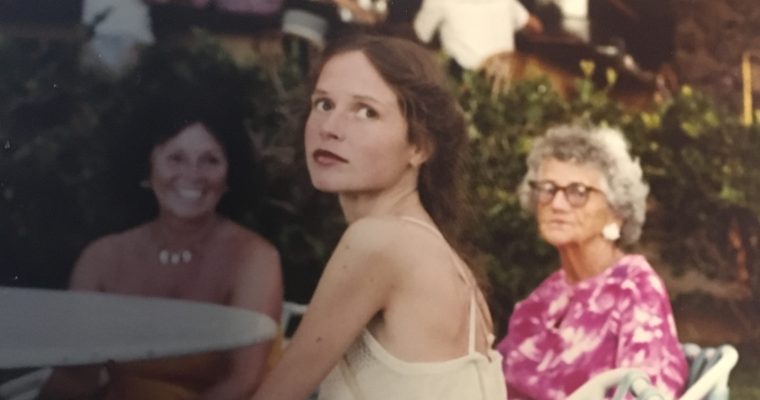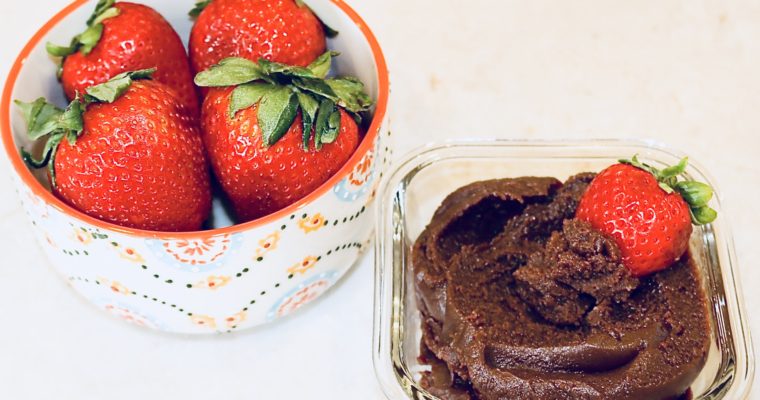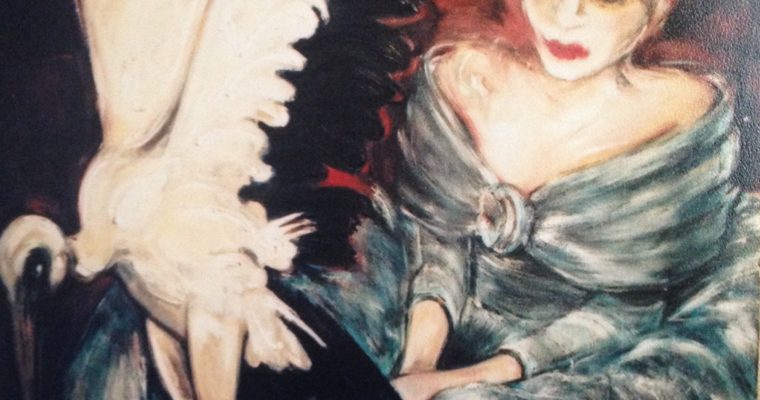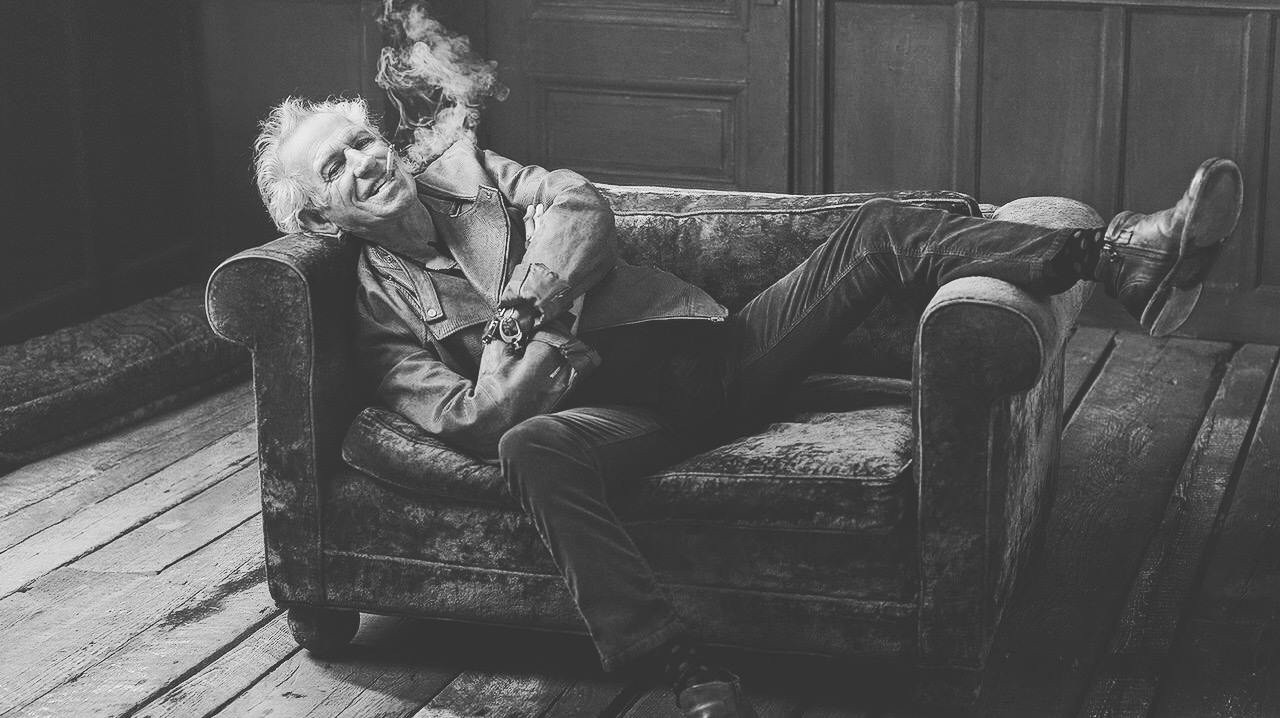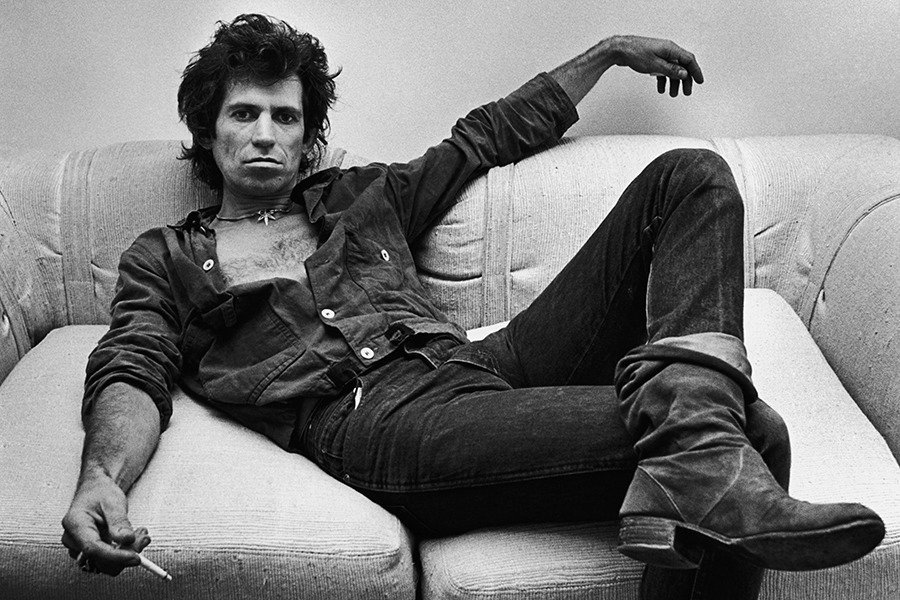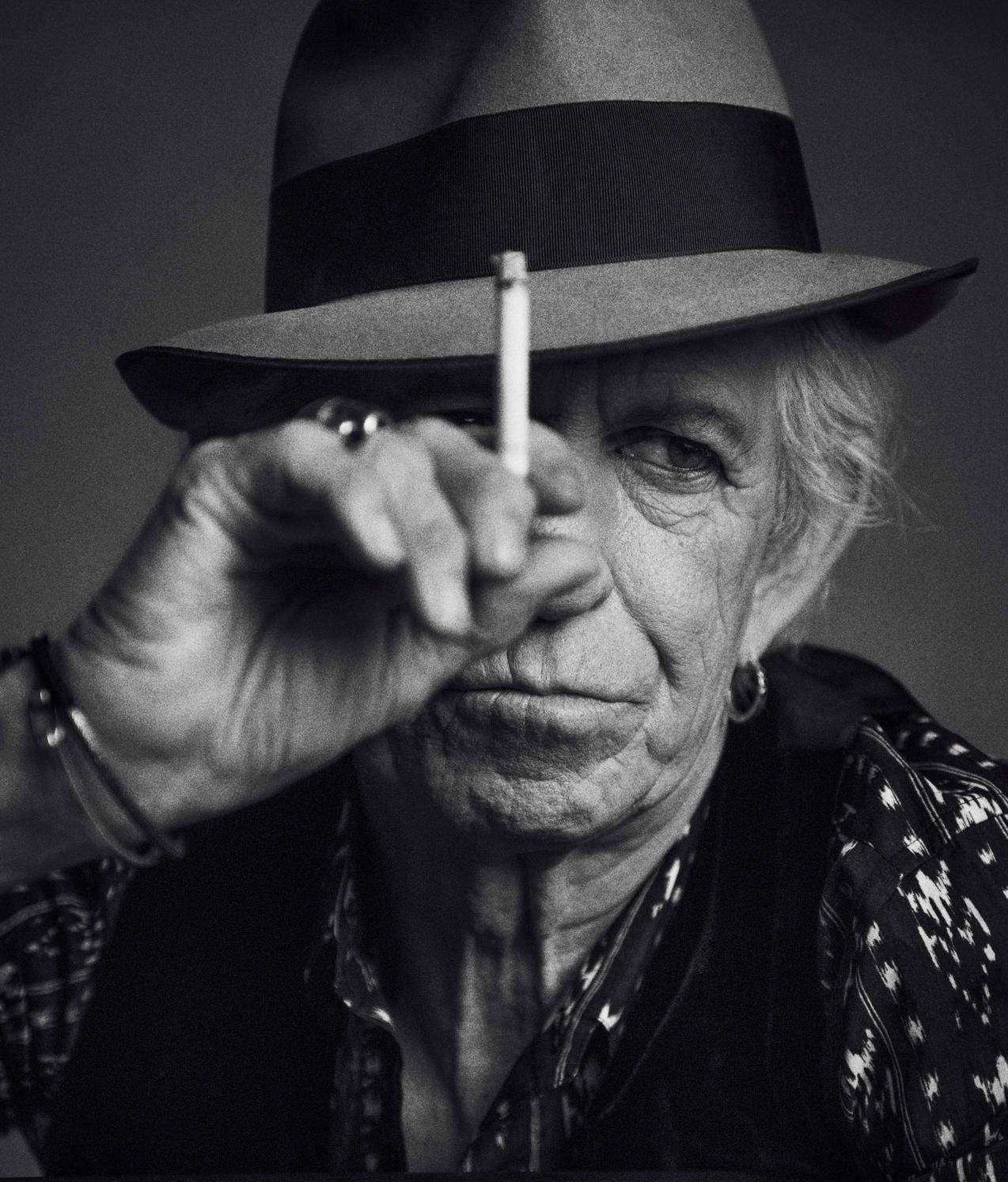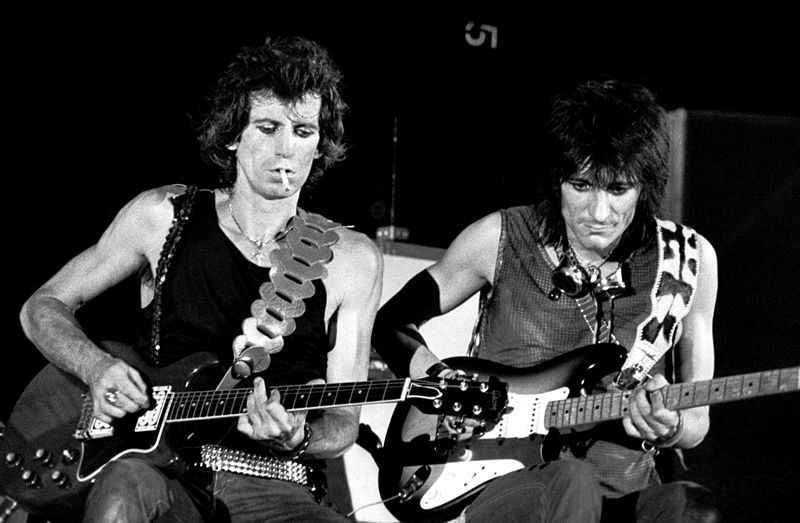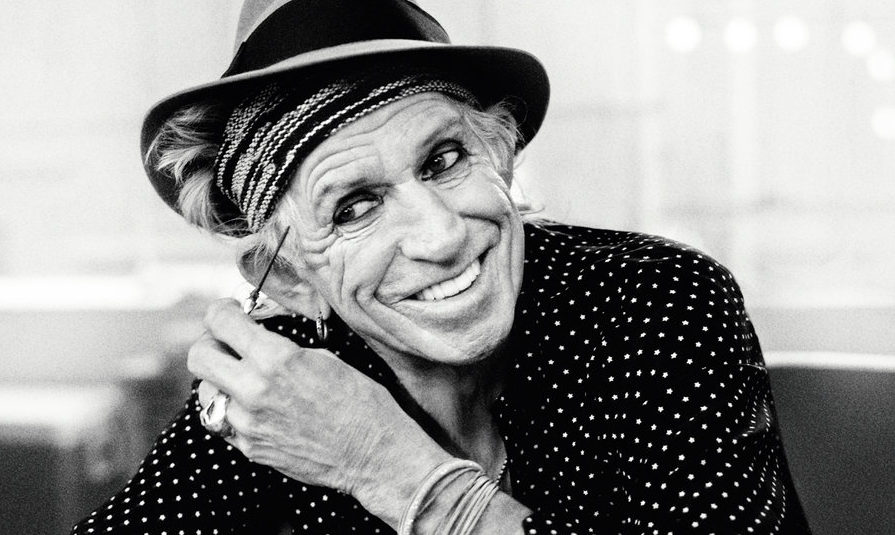Food Addiction:
Food. What a difficult addiction to overcome.
Over. Come. Come over. Get beyond. Move past it.
Yeah. Right.
How the HELL do we ‘get over’ something that is ultimately essential to our most basic survival? Unlike other substances we are addicted to, we cannot abstain from food. This is called starvation. That is anorexia. Instead of removing ourselves from that which has become toxic to our behaviour, we are instead forced to form a relationship with it. We must come to terms with our obsession. We must face it, and relate to it. We cannot hide from our addiction to food. We cannot rid ourselves of all nutrients; we cannot simply flush it all away, as we can with booze, or drugs, or even sugar.
We must navigate three meals a day, and integrate our addiction into our solitary, social, and often work affairs. Food is one step more socialized than alcohol, which is one step more socialized than drugs. Food addiction, therefore, is perhaps the most difficult one to overcome.
For someone with disordered eating in any form; anorexia, bulimia, binge eating disorder, or someone who is simply ‘addicted to food,’ the trials of daily normalities become an exhausted whirlwind of torment and despair. The mind is constantly reeling for how to either avoid or be satisfied by the body’s next consumption. The world is a minefield of polarizing diet advice, and no matter which way we look we are being bombarded by the Fad Du Jour; conveniently contradicting its former. Food addicts need not the trendiest diet, food addicts need look at the pain of the void they are trying to fill.
Think of all you could get done if you weren’t eating constantly, thinking constantly about food, trying to run from hunger, or begging yourself not to give in. If we replace the word food here with pain, we are getting much closer to the root. Food addiction does not come without strings attaching to some painful event which was soothed by the comfort of temporarily raising the dopamine in the brain with the ingredients in the food being consumed. For me, this was childhood abuse. I became an addict to avoid the pain, and to soothe my mind and soul from the never ending circus. I turned to food, I turned to alcohol, and in my lowest of lows, I turned to cocaine to numb the hurt.
Stepping away from alcohol and cocaine were easy for me. I knew that I wanted more from life, and in the back of my mind, I always had the sense that my party days would soon come to an end; for I had my dreams, and they were big. I never lost sight of my North Star.
I am saddened to see those same people I once knew continuing, these five years later, to drink and drug themselves into oblivion; some dying from overdose, some merely walking the planet half-alive. My saving grace was my vision, but for those running aimless, what is theirs? That is, however, its own entire subject, saved to be discussed at another time. My heart goes out to those I once knew, for there by the grace of God go I.
To step away from food proves impossible; though I am not one not to try that impossible. After turning towards food all my life for comfort, when I hit the tenth grade, I turned abruptly away; avoiding food at all costs. I have been through every form of disordered eating imaginable. I have been severely anorexic, bulimic, and most recently (though dubbed by non-professionals) orthorexic; a disorder I am not certain I fully believe warrants the label of ‘disease.’
The doctor who has known me since I was wee celebrates my new dedication to health, and sees what could be deemed as orthorexia as a natural evolution from debilitating sickness to becoming diligent about my well being. My doctor and therapist have both noted that I will always, to some degree, struggle with the ramifications of the abuse, and thus feel the need to control my environment, myself, and what goes into my body to feel safe. I understand that, agree, and work with it.

For others with perhaps less extreme cases; for those without PTSD, or for those with a pain that is less complicated to crack, the control might not be as tight, and the addiction might be easier to break. Call it orthorexia if you like, but my commitment to clean eating has steered me far away from that which was awfully taxing to my brain and body, and as long as I let myself relax here and there, and remain flexible in my approach, I know that I am doing the right thing by ensuring that what goes into my vessel is of the tippitiest top shelf quality.
Health aside, I believe that all eating disorders can be classified under the umbrella of an unhealthy relationship with the addiction to food, stemming from a much, much deeper pain.
What is the solution? I do not know. If I said I did, I’d be lying, and if I really did, I’d be screaming it for the world to hear. I do know, however, that the only way through the hurt that rests below that bottomless pit that you are trying to fill, is through it. I do know that any time I have ever felt pain, and resisted it, it has led me to binge, starve, purge, and hate myself for it all. I do know that when I have really just stayed with the feeling that was knocking at my heart, and let it wash over me, I was at least incrementally relieved, and relaxed by its presence. That’s right; the pain was there to be soothed by my allowance, and in return, it soothed, and it liberated me.
So, when the pain hits, breathe. Do not stuff it down with food, do not avoid food altogether as not to touch the pain, and do not expel the food already in your stomach as to rid yourself of the pain that lays beneath. Feel the pain; don’t distract yourself. Dive into it. Feel the depths of it; don’t escape it. Be brave enough to be with yourself; intimately; honestly. Alas, you are free. Listen to the body, and speak back. Commune with the body. Don’t run; don’t hide. Be there. Love it all. It’s okay, you are safe; just feel.
written by cassidy





